For the state’s first hundred-plus years, certain unspoken rules governed California politics. In a state where agriculture produced more wealth than any industry, the first rule was that growers held enormous power.

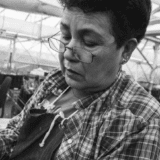
Consuelo Mendez was 23 when she arrived in the United States 45 years ago, looking for work. In Ventura County she found it, harvesting strawberries, tomatoes, cabbage, parsley and spinach.
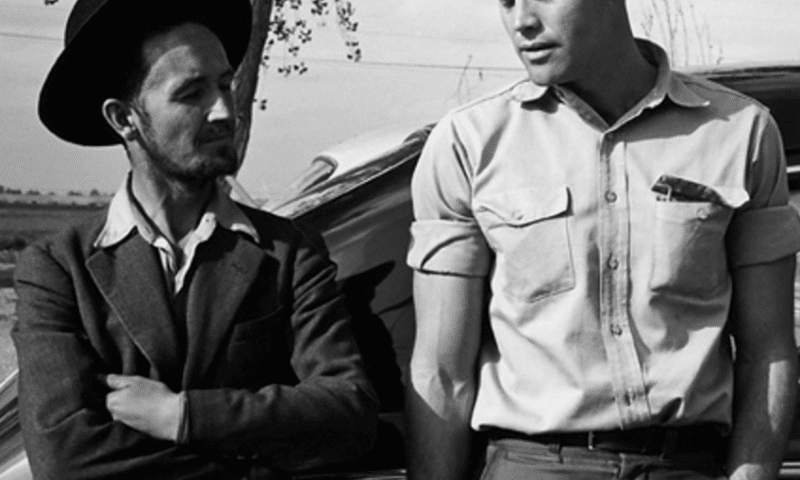
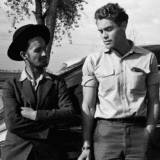
Sometimes the most interesting, and influential, figures in history are anything but household names. A case in point is Fred Ross, one of the greatest organizers of the 20th century.
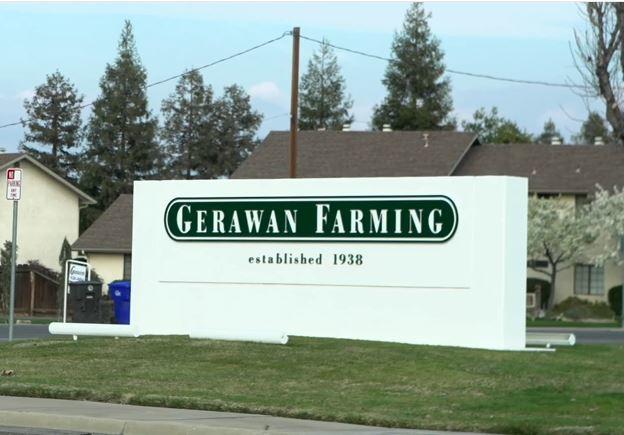

(Yesterday David Bacon examined a decades-long labor war being fought by Gerawan Farming against the United Farm Workers — a union against which the company has been accused of orchestrating a decertification campaign. His reporting concludes today with a look at Gerawan’s political allies and the company’s attempt to overturn a key California labor law.)
As this fight unfolds, national anti-union organizations are moving in. The far-right Center for Constitutional Jurisprudence joined the appeals case. In recent years the Center has joined the Harris v. Quinn suit against the Service Employees International Union in Illinois, sued the California Labor Commissioner on behalf of employers, argued for Hobby Lobby stores against providing birth control for their employees, and supported the initiative to end affirmative action in Michigan.
Furthermore, the Center for Worker Freedom, headquartered in the Washington, D.C. offices of Grover Norquist’s Americans for Tax Reform (ATR),
» Read more about: Conservative Groups Rally Behind Gerawan Farming »
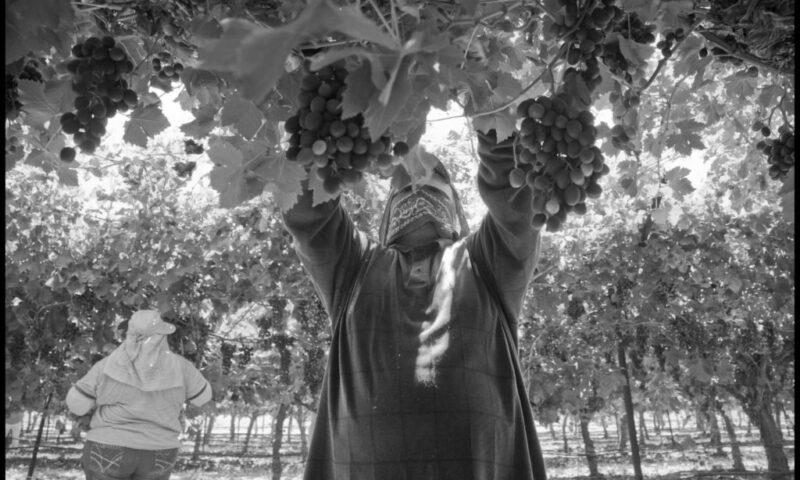
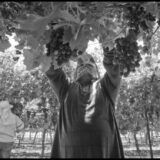
When hundreds of people marched to the Los Angeles City Council last October, urging it to pass a resolution supporting a farm worker union fight taking place in California’s San Joaquin Valley, few had ever heard the name of the company involved. That may not be the case much longer. Gerawan Farming, one of the country’s largest growers, with 5,000 people picking its grapes and peaches, is challenging the California law that makes farm workers’ union rights enforceable. Lining up behind Gerawan are national anti-union think tanks. What began as a local struggle by one grower family to avoid a union contract is getting bigger, and the stakes are getting much higher.
The Gerawan workers got the City Council’s support and, on February 10, the Los Angeles Unified School District Board of Education passed a resolution that went beyond just an encouraging statement. The LAUSD purchases Gerawan’s Prima label fruit through suppliers for 1,270 schools and 907,000 students.
» Read more about: Growers Move to Gut California’s Farm Labor Law »
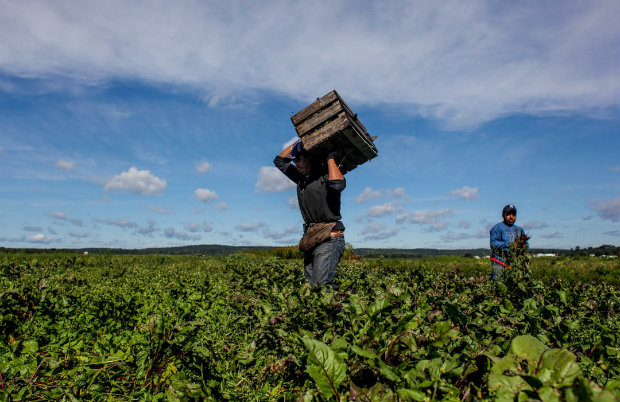

It’s been more than 50 years since Cesar Chavez and Dolores Huerta founded the United Farm Workers union. In the ensuing decades, broader activism and increased awareness of the importance of those who grow and harvest our food have resulted in better wages and living conditions for some workers in our state and others, in spite of public indifference. The farmworkers’ story of struggle and of battles won (and those yet to be fought) are told in Food Chains, an unsparing documentary that screened Sunday at Laemmle’s Playhouse 7 in Pasadena under the sponsorship of the nonprofit Food Chain Workers Alliance.
The film chronicles the exploitation and brutal poverty — and in some instances, forms of enslavement— that plague American agriculture. Food Chains is directed by Sanjay Rawal, produced by Rawal, Smriti Keshari and Hamilton Fish, narrated by Forest Whitaker, and executive-produced by actress Eva Longoria and activist/filmmaker Eric Schlosser (Fast Food Nation);
» Read more about: American Gulag: A New Film Blasts Farm Labor Conditions »
Activist Video Archive, that indispensable repository of Los Angeles’ progressive history, has recently released excerpts from an in-depth interview it conducted with Angela Sanbrano, a key figure in the Latino-rights movement. Sanbrano, who got her first reluctant taste of activism through the United Farm Workers union grape boycott, went on to co-found Inquilinos Unidos, was National Director of the Committee in Solidarity with the People of El Salvador (CISPES) and served as executive director of the Central American Resource Center (CARECEN-LA).
Sanbrano would play a critical role in organizing 2006’s massive immigrant rights march in Los Angeles that protested the criminalization of undocumented immigrants. Today she serves as the executive director of the Mexican Network of Migrant Leaders and Organizations.
» Read more about: Angela Sanbrano: “A Good Organizer Is a Pain in the Butt” »


There haven’t been, to put it mildly, many films about America’s labor movement. Take away Salt of the Earth (1954) and Norma Rae (1979) and what are you left with? Cesar Chavez, then, offers to fill a cavernous void in the public’s knowledge about both union organizing and the history of the country’s mostly Latino agricultural workforce. Directed by the Mexican actor and film producer Diego Luna (Y Tu Mamá También, Elysium), the film follows Chavez (Michael Peña) from the time he parted company with the grassroots Community Service Organization (CSO) to the signing of union contracts with growers following a successful consumer boycott of table grapes.
Working with a screenplay by Keir Pearson, Luna wisely passes on a sweeping Gandhi-style treatment of Chavez’s entire life. This allows Luna and cinematographer Enrique Chediak to linger on the arid poetry of life in California’s Central Valley (played here by Sonora,
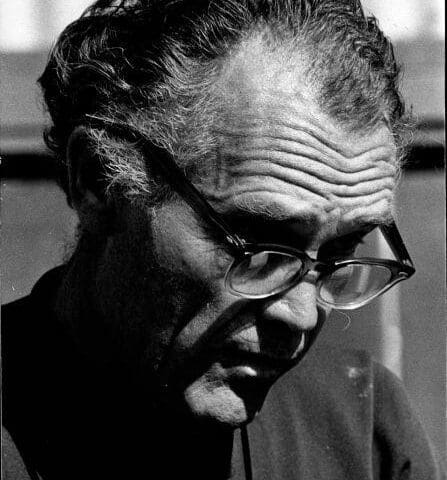
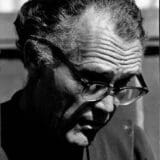
Activists, organizers and elected officials across the United States have come together to urge President Barack Obama to award posthumously the Presidential Medal of Freedom to the legendary organizer, Fred Ross Sr. The first to organize people through house meetings, a mentor to both Cesar Chavez and Dolores Huerta, and a pioneer in Latino voter outreach since 1949 when he helped elect Ed Roybal as Los Angeles’s first Latino council member, Ross’ influence on social change movements remains strong two decades after his death in 1992. If there were a Mount Rushmore for community organizers, Ross’s angular face would be on it. Here is a brief summary of Ross’s remarkable legacy, along with instructions on how to get your message of support to President Obama in time for the February 28 deadline.
Like all activists familiar with his work, I had a reverence for Fred Ross, Sr. before I knew the full record of his accomplishments.
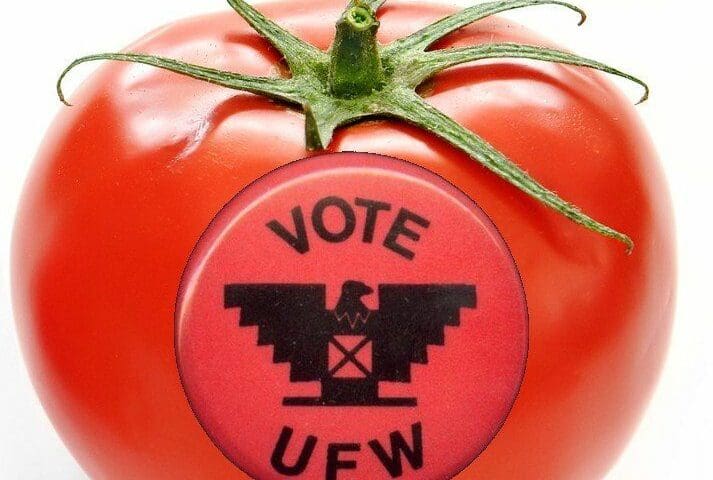
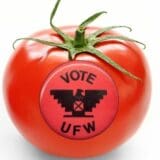
’Tis the season of miracles. There’s only enough oil to light the lamp for a couple of days, but it stays lit for eight. A peasant’s vision upsets a bishop, especially when the peasant returns with roses. Darkness grows until the earth shifts and the light returns. A child born in a stable turns out to be a presence of God. A festival celebrates the principles that make the miracle of human community. A star moves across the sky guiding astrologers on a quest.
These ancient tales and festivals, developed around the miracles of light and life, create the season’s themes of hope and love and peace. There are unsung miracles as well — happening in our own time that you will never read about in the papers or see on the nightly news. These stories tell about people without power claiming their strength and about the lowest-wage workers achieving victories.
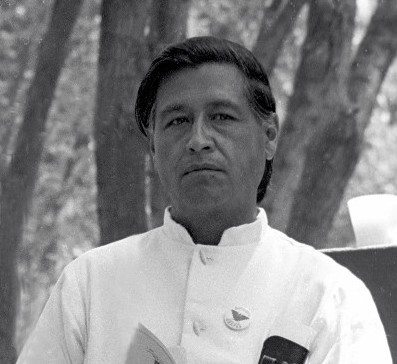
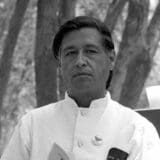
President Obama this week designated the home and burial site of the legendary United Farm Workers (UFW) leader, César Chávez, a national monument. Known as La Paz, short for Nuestra Señora Reina de la Paz, or Our Lady Queen of Peace, the site is in Keene, California
AFL-CIO President Richard Trumka says the designation is a
fitting tribute for a man whose campaign for civil rights and respect for workers struggling in the shadows broke new ground and left an indelible mark on the pages of American history. The farm worker movement that Chávez is most often associated with was never deterred by their lack of money or clout. These workers knew that together they could form a mighty force for justice. Their collective action through the United Farm Workers brought national support to the moral cause and won historic victories and protections for agricultural workers.
» Read more about: César Chávez Home Becomes a National Monument »
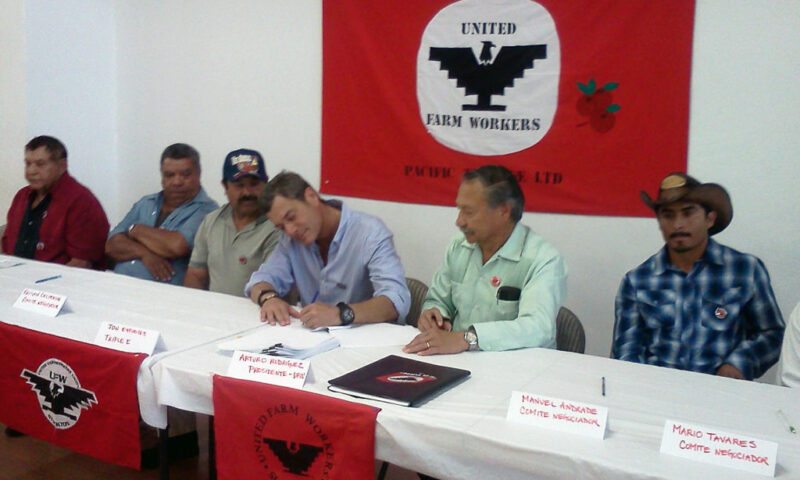
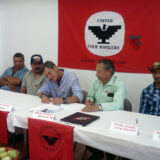
Last week in Stockton, the United Farm Workers signed a three-year contract with Pacific Triple E Ltd., a large tomato grower-shipper based in Tracy, California. According to The Record, the agreement represents the first time the UFW has enjoyed a membership presence in San Joaquin County in more than two decades.
The Packer, an industry newsletter, described Triple E as “a family owned company” operating in Fresno, Merced, Madera, San Joaquin and Sacramento counties. The union’s Web site announcing the pact included the following message from UFW president Arturo Rodriguez:
Thank you for being there for the United Farm Workers. Your support means so much to me and the workers we are here to serve. I want to share some wonderful breaking news with you.
Yesterday, we used a contract signing ceremony in Stockton to congratulate the 800 workers at Pacific Triple E Ltd.
» Read more about: UFW Wins New Tomato Contract in Central Valley »
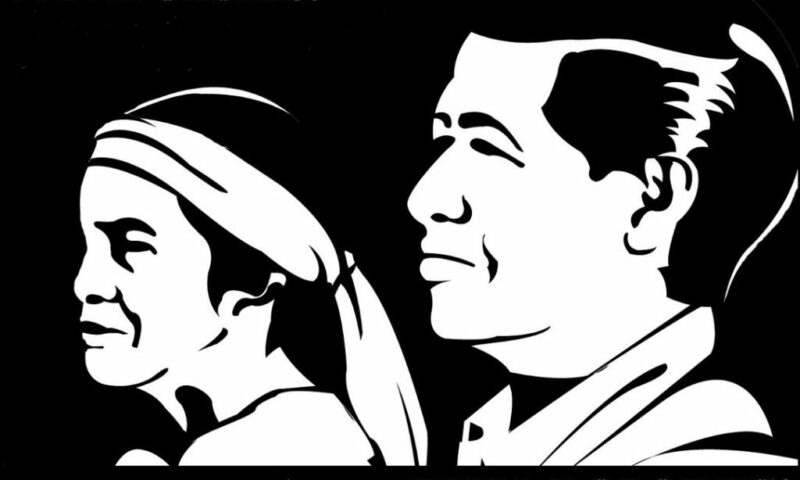
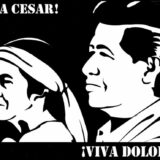
Fifty years ago I graduated from high school on the other side of town from where Dolores Huerta had a decade earlier. My high school class will hold its reunion this fall. Also 50 years ago, Huerta and Cesar Chavez founded the United Farm Workers a few miles further south in Delano. The UFW just celebrated its half-century at its annual convention, this year in Bakersfield.
Long before I met Chavez I had heard of the legend. He had learned about organizing under Fred Ross, who was criss-crossing the state building the Community Service Organization (CSO) network among the Spanish-speaking urban barrios. But when Chavez wanted to expand CSO’s mission to organize farm workers in the Central Valley, CSO said no. So he did it on his own, with no money, no budget and only a handful of contacts. He went to Delano and began to work among the vineyards,
» Read more about: Fields of Dreamers: Looking Back at the UFW »